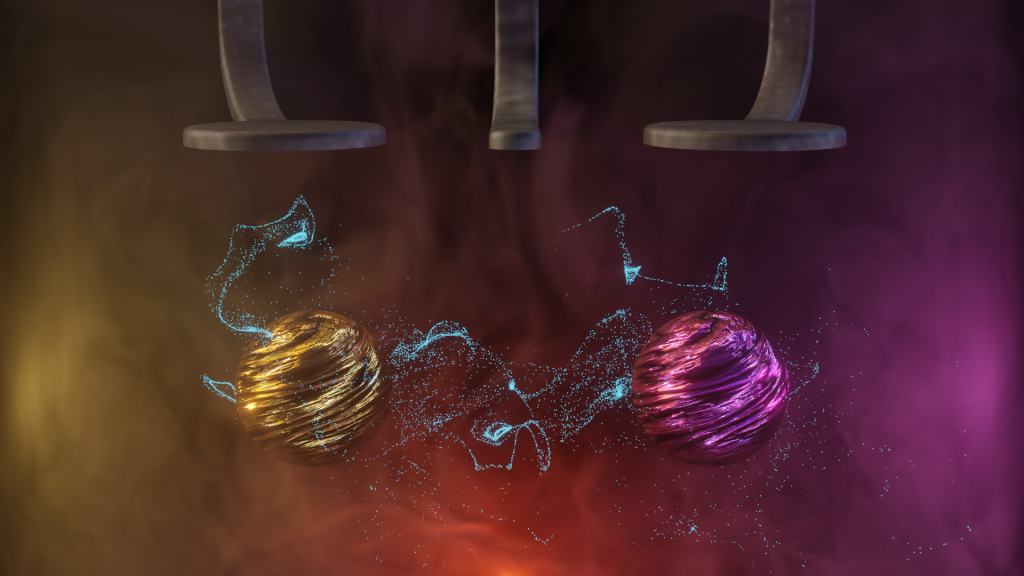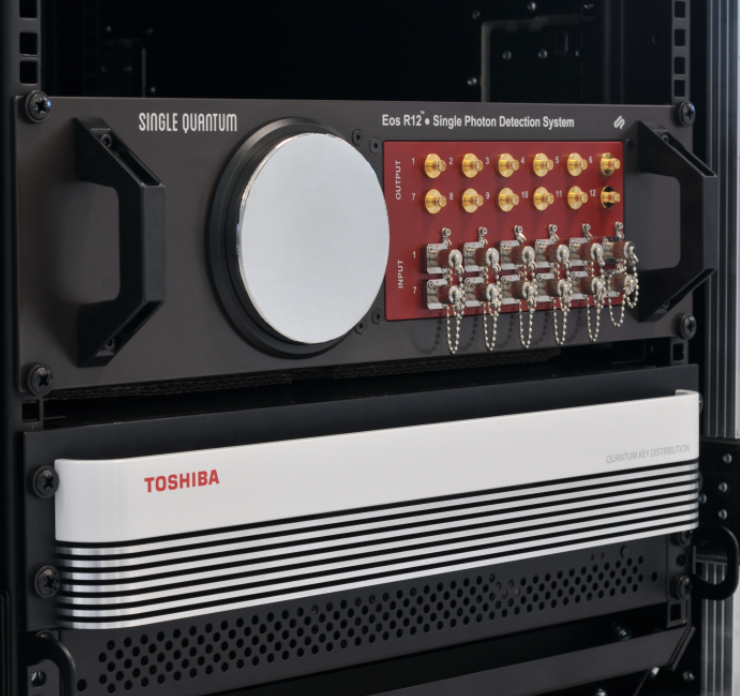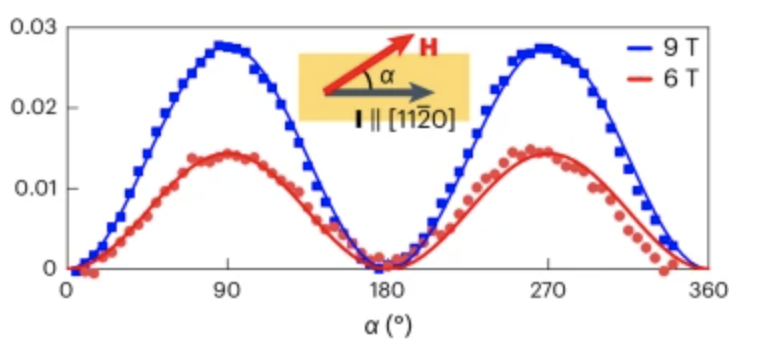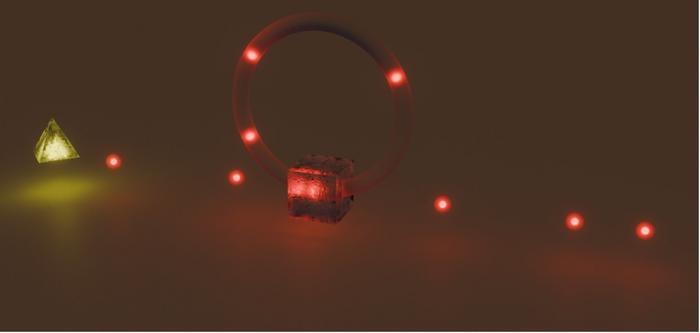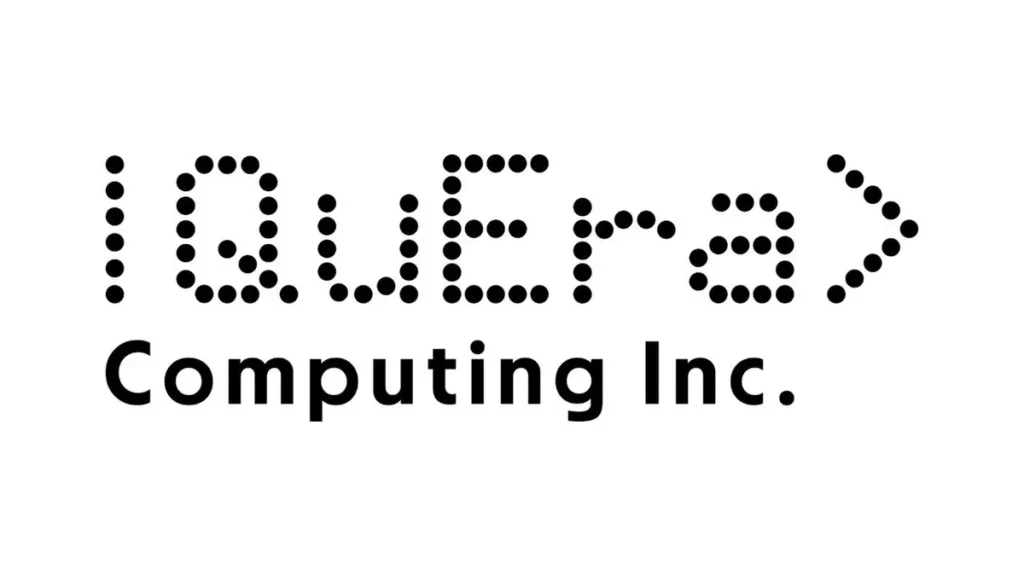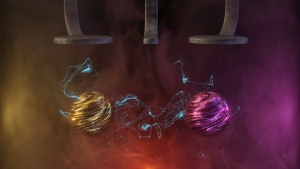
In what’s described as a hot advance for quantum computing, Intel, in collaboration with QuTech, demonstrated the successful control of “hot” qubits, the fundamental unit of quantum computing, at temperatures greater than 1 kelvin, according to a statement from Intel.
The researchers, who published their findings in Nature, said this advance is another step toward developing practical quantum computers.
“This research represents a meaningful advancement in our research into silicon spin qubits, which we believe are promising candidates for powering commercial-scale quantum systems, given their resemblance to transistors that Intel has been manufacturing for more than 50 years,” said Jim Clarke, director of quantum hardware, Intel Labs “Our demonstration of hot qubits that can operate at higher temperatures while maintaining high fidelity paves the way to allow a variety of local qubit control options without impacting qubit performance.”
The research also highlighted individual coherent control of two qubits with single-qubit fidelities of up to 99.3%. These breakthroughs highlight the potential for cryogenic controls of a future quantum system and silicon spin qubits, which closely resemble a single electron transistor, to come together in an integrated package.
Applying quantum computing to practical problems hinges on the ability to scale to and control thousands – if not millions – of qubits at the same time with high levels of fidelity. However, current quantum systems designs are limited by overall system size, qubit fidelity and especially the complexity of control electronics required to manage the quantum at large scale.
Having the control electronics and spin qubits integrated on the same chip greatly simplifies the interconnects between the two. But increasing the temperatures at which the qubits can operate is critical to advancing that goal. Previously, a quantum computer was only proven to operate in the millikelvin range – just a fraction of a degree above absolute zero. Now, with this research into hot qubits, the researchers suggest that silicon spin qubits have the potential to operate at slightly higher temperatures than current quantum systems, achieving just one step towards scalability.
The approach enables Intel to leverage its expertise in advanced packaging and interconnect technologies for a scalable path forward toward quantum practicality. This research builds on Intel’s ongoing work in advancing the development of full-stack quantum systems, including the introduction late last year of the first-of-its-kind Horse Ridge cryogenic quantum control chip.
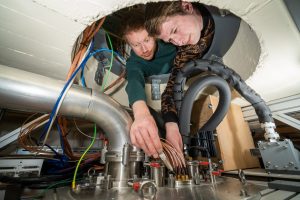
Luca Petit, a doctoral student and first author of the paper, said that the research may seem like a small step, but it’s an important step.
“The other side of the story is to make qubits work at a slightly higher temperature,” said Petit. “That’s exactly what we have achieved at QuTech in collaboration with Intel. This is the first time that we have been able to control qubits in silicon at a higher temperature, and above one Kelvin. The increase in temperature may seem like a small step, but it’s a huge leap when it comes to the available cooling capacity. Furthermore, at these temperatures the qubits no longer have to work in a vacuum, but can be immersed in a liquid, which makes everything much more practical.”
Future Work
The team said that the research also paves the way for future development and refinement of qubits that can operate in warmer temperatures.
“We are now working towards a system that contains more and higher quality qubits,” said principal researcher Menno Veldhorst. “Operating at 1.1 Kelvin has significant benefits, and we can now start thinking about integrating quantum hardware and classic hardware onto one single chip. In doing so, we will create the quantum integrated circuit.”
The hope is that the new circuit will lead researchers into a quantum information age, just as the integrated circuit was a cradle for the current information age.
Veldhorst offered a broader context, to illustrate the current achievement and the pace of progress in quantum technology: “In 2015, we demonstrated two verifiable qubits in silicon for the first time. Now, in 2020, we have achieved the same feat at practical temperatures. In another five years from now, we might already have quantum integrated circuits. That would be a really big step towards the future quantum computer.”
QuTech acknowledged its collaboration between TU Delft and TNO in their statement.


